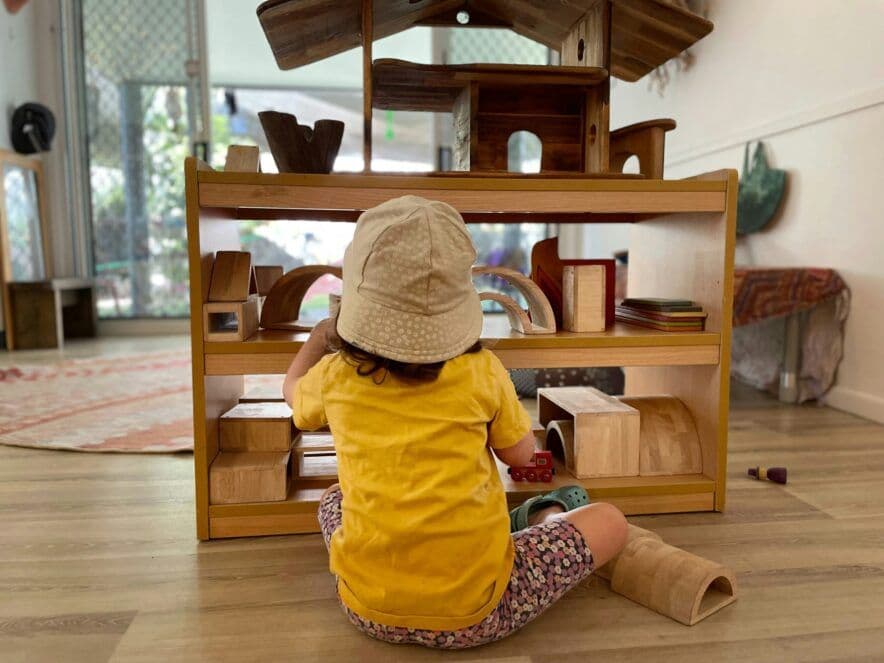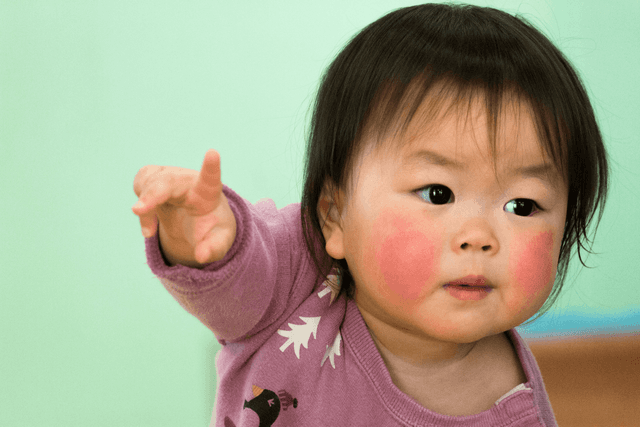In The Field
Policy
Singapore to reform early learning with 40,000 new places, refreshed Code of Ethics

Freya Lucas
Nov 12, 2024
Save
Early learning in Singapore will change rapidly in the next five years, with an additional 40,000 early childhood places to open, with the refreshment of the Singaporean Code of Ethics, and with adjustments to the way in which services are accredited.
6,000 of the new places will be for infants, to cater for increased demand, with all places to be made available by the Early Childhood Development Agency (ECDA) and five anchor operators, between 2025 to 2029.The changes were announced by Singapore’s Minister for Social and Family Development Masagos Zulkifli at the Early Childhood Celebrations event, which was held at the Sands Expo and Convention Centre on 2 Nov 2024.
With the addition of the new places, government-supported pre-schools will be able to cater to 80 per cent of pre-schoolers in the medium term, up from the more than 65 per cent enrolled today.
Change of application process
In order to make the pre-school subsidy application more streamlined for families, Mr Masagos announced that parents will be able to apply for subsidies directly to ECDA online, instead of through pre-schools, via the LifeSG application.
This new process will be rolled out in phases from 9 December, and builds on commitments made in the 2024/25 Budget which outlined that from 1 January 2025 full-day childcare fee caps at anchor and partner operators will be reduced by $40 to $640 and $680 (excluding goods and services tax), respectively, a month.
Lower income families with a gross monthly household income of SGD$6,000 (AUD $6859.41) or below will qualify for the maximum amount of childcare subsidies for their income tier.
This means that parents can expect to pay up to two per cent of their income for care at anchor operators, with further reductions in 2025, a measure which the Government anticipates will benefit more than 17,000 additional children.
Greater autonomy for educators with revised Accreditation Framework
In a measure designed to encourage services to develop programs which are tailored to children’s needs, and which play to the strengths of individual services a revised Singapore Preschool Accreditation Framework, Spark 2.0, will be implemented from January 2025.
The original Spark was introduced in 2011, as a framework for raising overall quality in the early childhood sector. In 2024 approximately 60 per cent of preschool settings are Spark certified, up from fewer than 100 when it was first implemented.
Spark 2.0 allows pre-schools to appraise their quality against standards and indicators set out in the new Spark tool before seeking ECDA’s validation.
Much like in the Australian context, Spark outlines quality standards and indicators which prompt providers to reflect on the intent and design of their programmes and activities in relation to their aspired goals, as well as the children’s profiles and needs.
“Three features define Spark 2.0 – sharper focus on teaching and learning, more flexibility for pre-schools to develop their own programmes, and greater autonomy in their quality journey,” Mr Masagos explained in his address.
A refresh for the Code of Ethics
The Code of Ethics which Singaporean educators use to guide their practice will also be refreshed to ensure its continued relevance in guiding educators.
First launched in Singapore in 2004, the revised code has been updated by the Association for Early Childhood Educators (Singapore), or AECES, in collaboration with ECDA.
The revised code will more clearly outline the professional responsibilities educators have towards various stakeholders, such as the child, families, community and fellow educators.
It will include a five-step ethical decision-making process accompanied by case studies to help educators apply the code to their daily practice.
In tandem with greater inclusivity in pre-schools, the revised code has broadened its coverage beyond early childhood educators to include early intervention professionals for children with developmental needs.
Speaking with local news source Straits Times AECES president Dr Christine Chen said the Code “has been revised several times in the past to keep up with the changing landscape of the early childhood sector.”
“Continuing professional development through the community of practice approach will ensure exchanges of best practices, and AECES will provide a platform for the fraternity to write about their good practices and post new case studies,” she said.
Access the Straits Times coverage of this story here. For more information about the changes please see here.
Don’t miss a thing
Related Articles



















